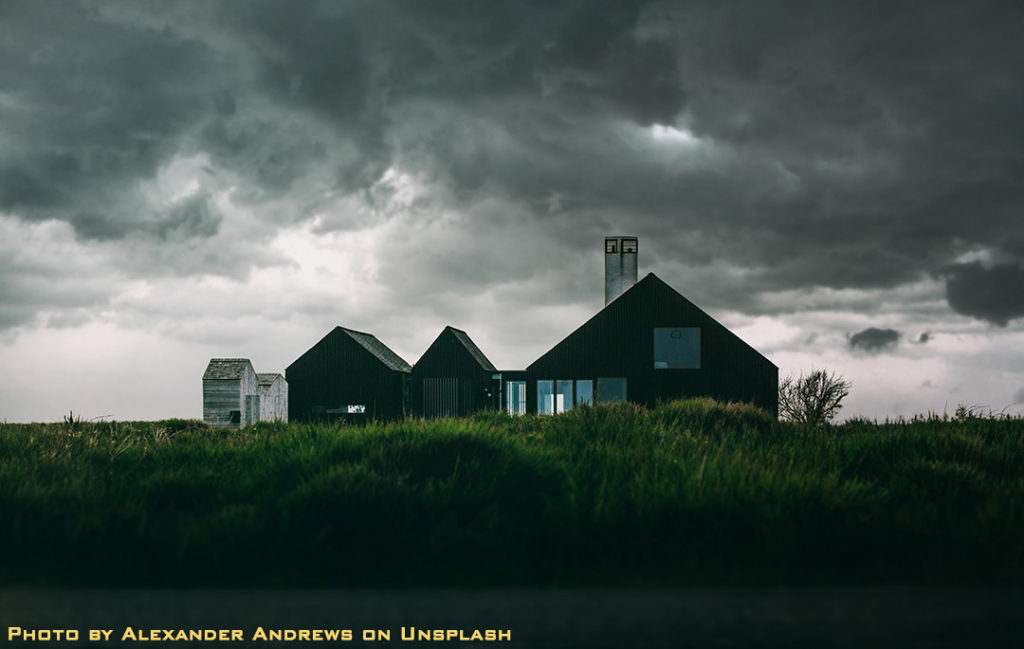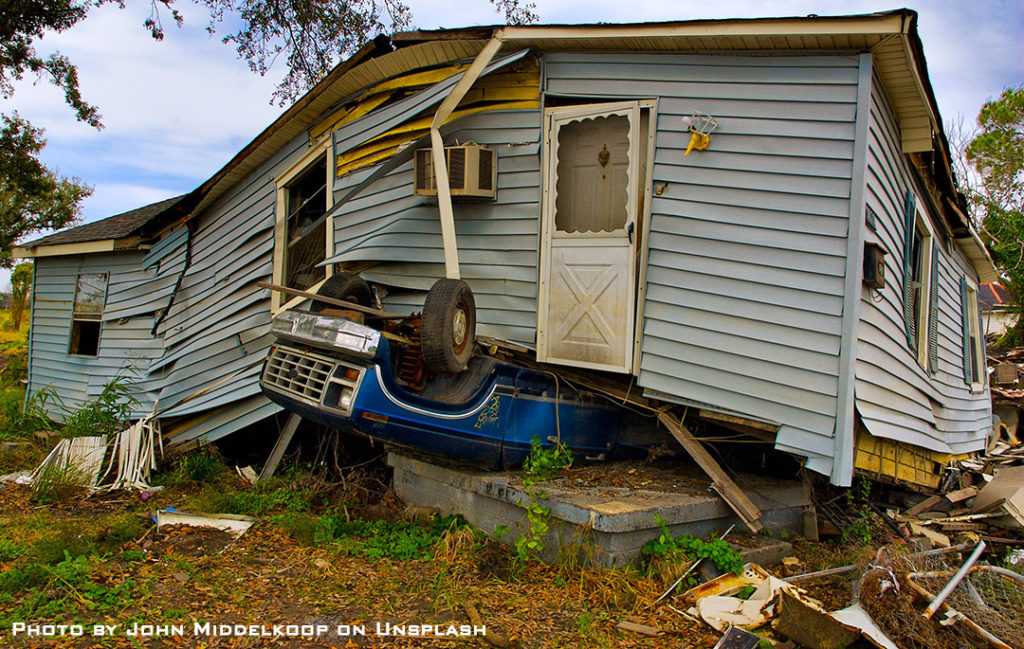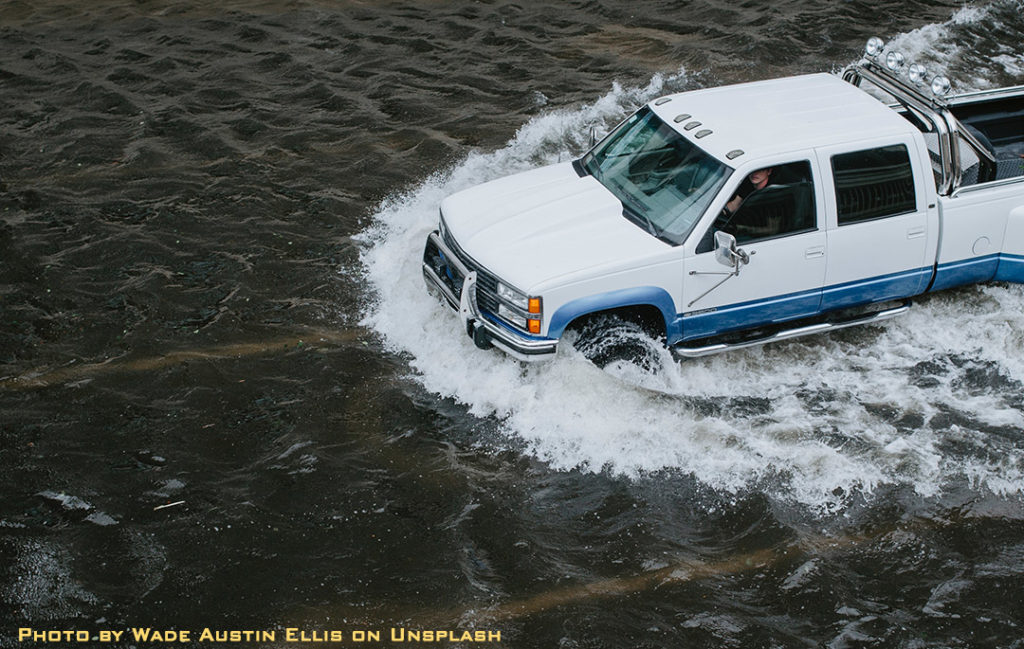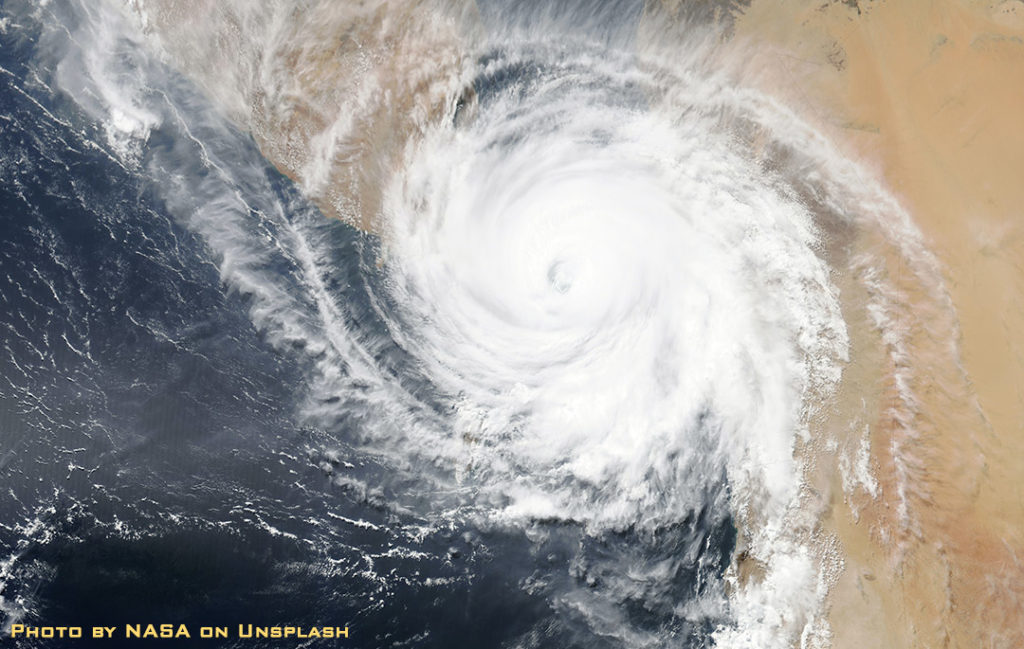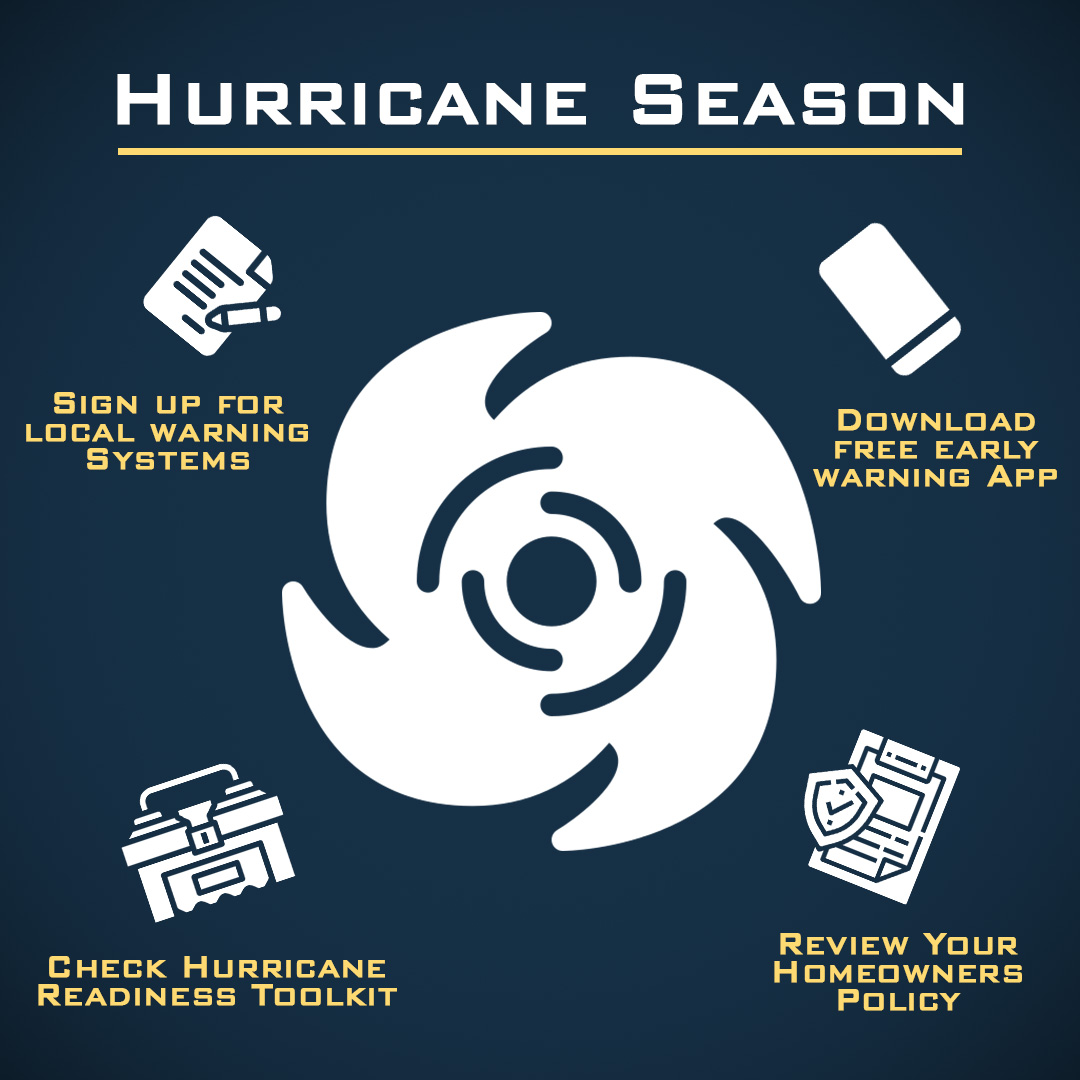
Hurricane Season Preparation Guide

Hurricane Season is coming, do you feel prepared? We’re happy to help!
We have compiled a list of things you can do to help prepare for the upcoming hurricane season along with links to articles that can give you more information.
Determine Your Risk
The threat from a hurricane varies depending on where you live. Just because you don’t live close to the coastline doesn’t mean you can’t experience significant life-threatening effects of the storm. It is important to figure out how to best protect your home in advance, rather than in response to an impending storm.
Create an Evacuation Plan
Assess whether you live in a storm surge evacuation zone or if your home would be unsafe during a hurricane. If you are: Figure out what your plan is if you are instructed to evacuate. You may not have to travel across the state; an alternative may be finding any family member or friend (who doesn’t live in an evacuation zone or unsafe home) and see if they’ll let you stay with them in the case of an evacuation. Don’t forget to plan for your pets as well — as most shelters will not allow you to bring them in. Be sure to write the plan down and share it with those who are important to you.
Review Your Homeowners Insurance or Renters Insurance Policy
Don’t wait until after you have a loss to check on your insurance. Make sure you have the right coverage in the case of a claim due to a destructive storm. You can call your agent to discuss what coverage you do and don’t have available in the event of needing to repair or even replace your home. Just remember, once there is a storm watch in effect, many carriers restrict what changes can be made to your policy! The time to review your policy is before any threat is near. Write down your policy numbers and the claims phone number for your carrier — you can find more information at our claims checklist
Keep in mind that a homeowners policy does not include flood insurance, this damage would require a separate policy. It is crucial to get a flood insurance policy in advance as they require a 30-day waiting period. Even areas in a low or moderate flood zone are at risk to experience a flooding or storm surge event!
iii.org/article/hurricane-season-insurance-guide
Create a Disaster Kit
You’ll want to inventory your supplies, and ideally stock up to last you well after the storm. There could be a long recovery period; you need to be prepared in the event that water and/or electricity are unavailable for an extended amount of time. Make sure to have non-perishable food, water, and medicine for each person in your family for a minimum of three days. Extra cash, a battery-powered radio, flash lights, and a portable crank or USB charger to charge your cellphone are also useful items to have in your preparation kit.
You can find more items you may need at ready.gov/kit
Check the Hurricane Readiness Toolkit
Take a look at this seasonal preparedness toolkit. It provides helpful information to help you prepare for an incoming storm.
Strengthen Your home
It’s well worth checking up to confirm your home is in good repair and up to the local hurricane building code specifications. If you don’t already, get the proper panels to board up windows — and doors and remember that the garage door is the most vulnerable part of your home! Make sure it can handle the high winds. Other things you can do include: collecting loose outdoor items, trimming your trees, and finding a safe location for your vehicle.
Sign Up for Local Warning Systems
When emergencies arise, public safety officials use timely and reliable systems to alert you. Sign up for these systems so that you are aware of local hazards to avoid in event of evacuation or state of emergency.
Lend A Hand
Many people, including senior citizens, often need assistance before and after hurricanes. Help your neighbors collect supplies they’ll need before the storm, assist with their evacuation if they are required to do so, and/or check on them after it is safe for you to go outside.
Write Your Plan Down
It’s hard to think of everything in the case of an emergency, but if you plan in advance and write down the details before hand you are less likely to forget what you’ll need when the time arises. Have a list of contacts you will need in the case of the storm including those who live outside of the affected area.
Download this Free, Early Warning App
The app offers free automated alerts, intended to warn you before disaster strikes. It covers a variety of disasters including both natural and man-made hazards.
With these things in mind, we hope that you can lessen your stress this hurricane season! As always, it’s better to be cautious than to be under-prepared for when a storm develops!
Our agency is here to assist you in whatever way we can this season. If you have any questions about your policy, the time to call is now!
Categories: Blog
Tags: hurricane season

